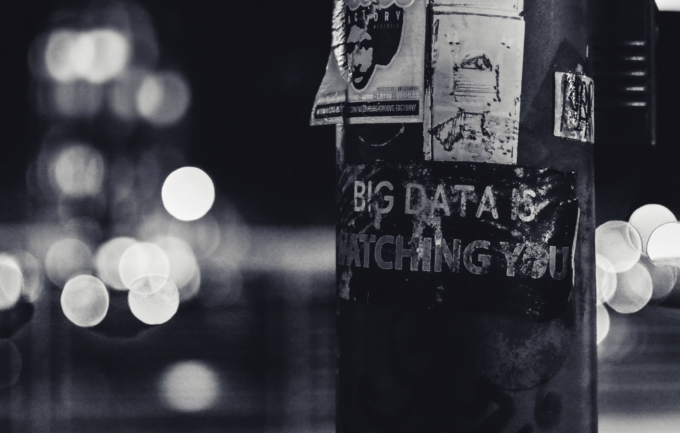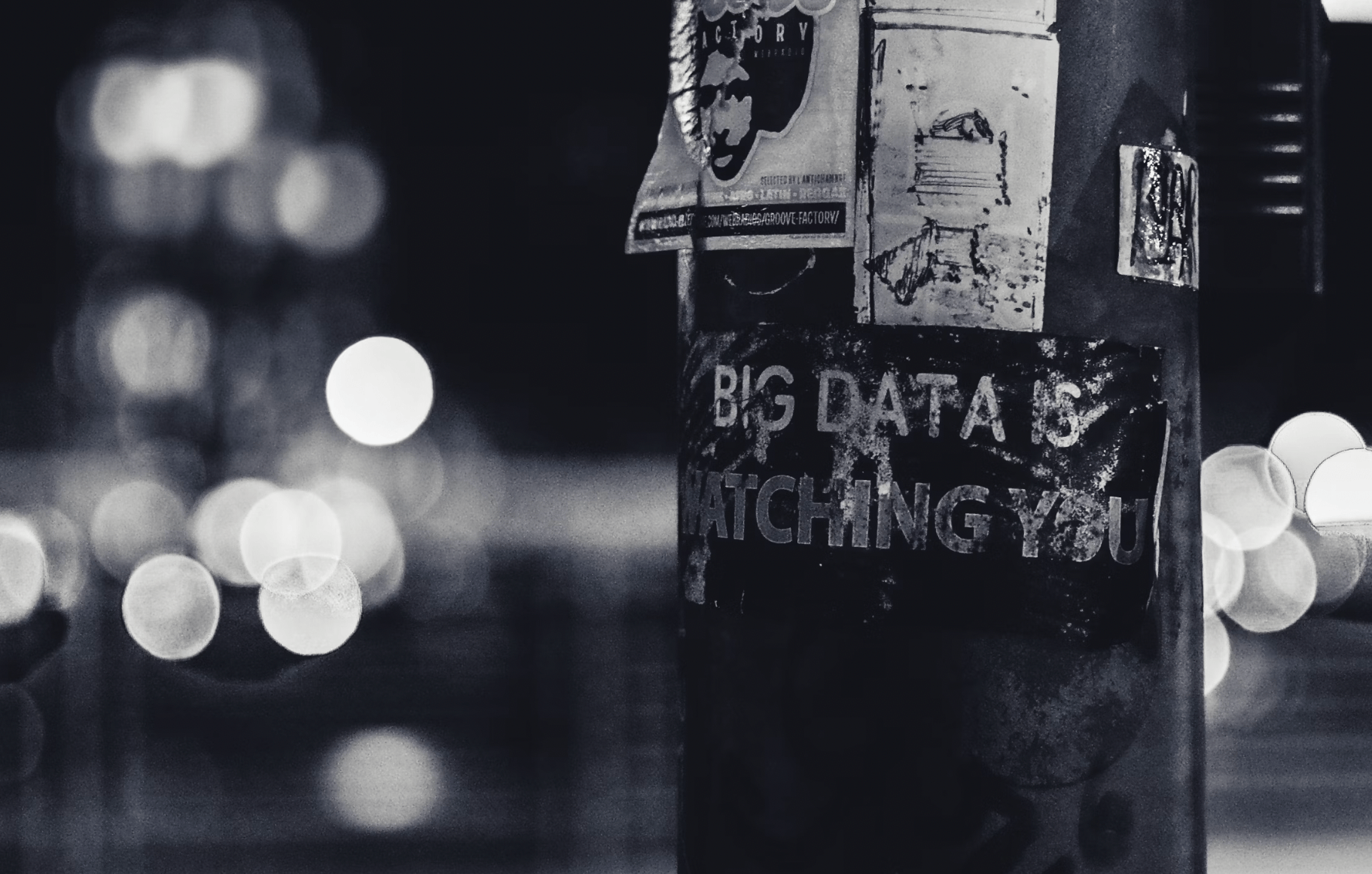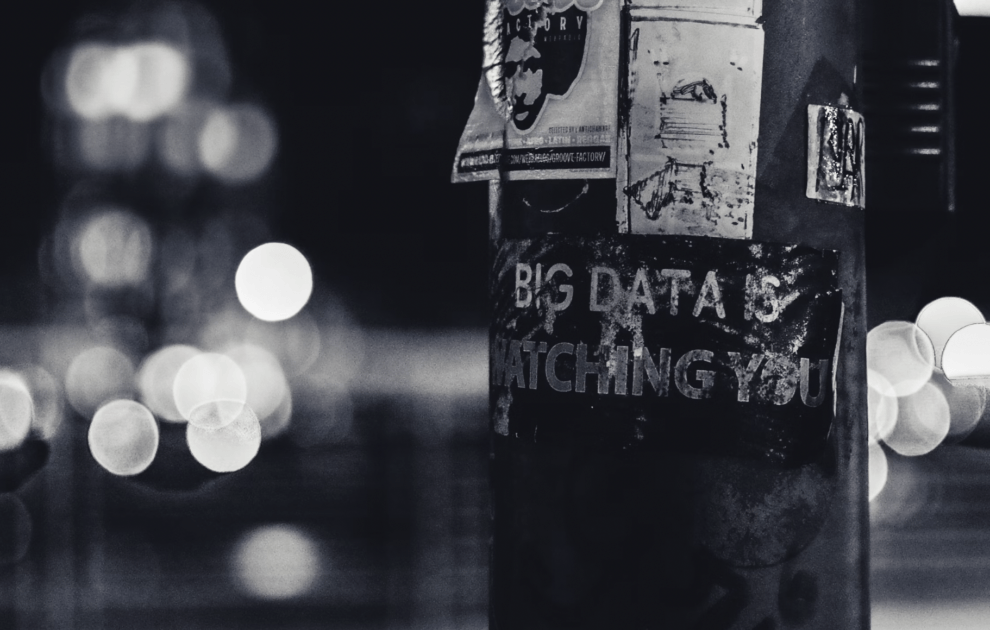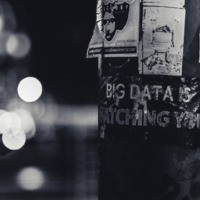






























































Photo by ev
While the Trump administration deploys Palantir to create detailed portraits of millions of Americans, the UK Data (Use and Access) Bill sits on its own edge of becoming law. This could mean more Palantir as they already have contracts here—notably the £330 million (nearly $440 million) one developing the NHS’s Federated Data Platform (FDP). The same Palantir of course said to be enabling ICE with their mass US deportations through their innocently called Immigration Lifecycle Operating System (ImmigrationOS).
Most UK politicians—especially Secretary of State for Science, Innovation and Technology Peter Kyle—like to give voice trendily on modernisation. As if it somehow grants the elixir of youth. They talk of clean, slick lines of efficiency, perhaps in between glances at the mirror. But I swear there’s something else below the surface—a distant sound, like boots on cobblestones at night. The kind you don’t normally hear until it’s too late.
The government says it’s progress. They always do. But critics, those who still care about liberty and a person’s right to be left alone, call it something else: surveillance. Deep and wide and nasty. Like a net cast by men who never expect to be pulled down themselves. I suspect we will all be drowning not waving soon. Or as Michel Foucault—who died in 1984—put it in Discipline and Punish, “Visibility is a trap.”
The UK’s increasingly unfathomable Labour Party took power in July 2024. By October, they placed the DUA Bill before the Lords. They spoke of order. Of trimming the fat. The old data bill had died quietly in the spring, like a seal on a rock. Parliament dissolved, and with it, what little restraint remained.
Now, the new data bill’s caught in a game of parliamentary ping pong—a term probably as unserious as the stakes are grave. This is when the Lords and Commons knock amendments back and forth while the law’s teeth growl in the background like Muttley of Wacky Races fame. They say Royal Assent is close. That means it becomes real. That means it begins.
To be clear, the bill lets the Department for Work and Pensions open your bank account without knocking. If you’re poor, for example, if you’re living off the state, they’ll watch you. They’ll look for ‘fraud indicators’—a holiday abroad, a gift, money you didn’t explain fast enough. Banks will feed them your life in spreadsheets. Johnny Cash once sang, “You can run on for a long time… sooner or later God’ll cut you down.” But this isn’t God watching. It’s an algorithm trained to suspect the weak.
Live facial recognition. That’s the second thump to the stomach. The bill doesn’t stop it. Doesn’t even slow it down. In 2024, the police in the UK scanned five million faces. Arrested 600. They put cameras in shopping centres. At football matches. Outside your child’s school. “Big Brother is watching you,” Orwell famously wrote. And he was. And now he has 2K 4MP QHD and 4K 8MP UltraHD image resolution, too. There are no clear rules. Only permissions.
Automated decisions. That’s the third. The bill lets machines decide your fate. No judge. No case. No second look. Immigration. Benefits. Policing. Just you and the machine. A marriage made in hell. The Open Rights Group rightfully warns that machines make mistakes. But machines don’t get embarrassed. And they don’t apologise. Baudrillard said AI lacks artifice—and therefore, intelligence. But it still gets to judge you. Poet and artist Nayyirah Waheed wrote, “To be human is to be broken and broken again, and still love anyway.” As she also knows, machines only calculate.
They’re cutting oversight too. The Biometrics and Surveillance Camera Commissioner in the UK is gone. His office, his code, his eyes on the system—all gone. Folded into the ICO like an embarrassing little note you hope no one reads. Critics say this will lead to abuse. But abuse is a soft word. The right word is control.
So who watches the watchers now? No one. Not anymore. The Investigatory Powers Act already gave the state long arms. Now they stretch further. The amendments let them see your internet, your movements, your past. Your phone isn’t yours. Your data isn’t private. The DUA Bill locks it in. They call it national security. You call it your life. Nor will you know what they’ve taken until you’re denied something you needed and can’t find out why.
Together, these powers tell a story. They tell of a country trading liberty for safety—or the illusion of it. They tell of a net, not dropped on criminals, but cast over everyone in case you’re one and just haven’t acted yet. This isn’t paranoia. It’s pattern.
Big Brother Watch, Privacy International—they’re ringing bells, and no one’s listening. Short-sighted people probably find these bodies too woke anyway. I guess the storm’s just not loud enough for them yet. But it’s a-coming. Just like those boots across the cobblestones. There’s a line in another song which readers will know: “You don’t know what you’ve got till it’s gone.” Maybe freedom works like that. Maybe you don’t feel like you’re in a cage until it’s locked.
Progress must not wear a badge and carry a database. But it seems like it will. Or it already does. As for the people completing the bill, they still say they want efficiency. But so did the men who built the railways to Auschwitz. Order. Precision. Everything accounted for. Civil liberties are not efficient. That’s the point. So there must be oversight. Sunlight. Debate. There must be people who say no. Or at least wait.
Because if you don’t fight for the small freedoms, you’ll wake up one morning and find the big ones gone too. As Nigerian writer Wole Soyinka once said, “The greatest threat to freedom is the absence of criticism.” And if you want it blunter, funnier, and just as tragic, there’s always Vonnegut: “The truth is a deadly weapon.
The DUA Bill in someone like Peter Kyle’s iconic red ministerial despatch box may be well-intentioned. But as the well-worn but often useful metaphor these days goes, so is the man who lights the fire in the forest to warm himself, not thinking about the wind. The wind blows anyway. The fire spreads. The forest burns. The question is not what the law says. It’s what the law allows. And what kind of country takes root in the shadow of that allowance. On the theme of well-intentioned overreach, maybe C.S. Lewis put it best: “Of all tyrannies, a tyranny sincerely exercised for the good of its victims may be the most oppressive.”
As the UK edges closer to enacting the Data (Use and Access) Bill, we can see familiar buzzwords already ring out: “data utilisation for public service efficiency.” But behind the sheen of digital reform lurks the age-old tension: innovation versus individual liberty. Let’s be clear one more time. Updating data laws may be essential in the digital age. But if modernisation becomes a Trojan horse for theft—of civil liberties, privacy, autonomy—then we’re not advancing at all. We’re regressing, just in sharper suits. Safeguards, oversight, transparency—these aren’t luxuries. They are necessities. Without them, our technological future—certainly here in the UK—risks becoming less a beacon of progress… and more a blueprint for surveillance, dressed up as reform.
The post Big Data, Small Liberties appeared first on CounterPunch.org.
This post was originally published on CounterPunch.org.